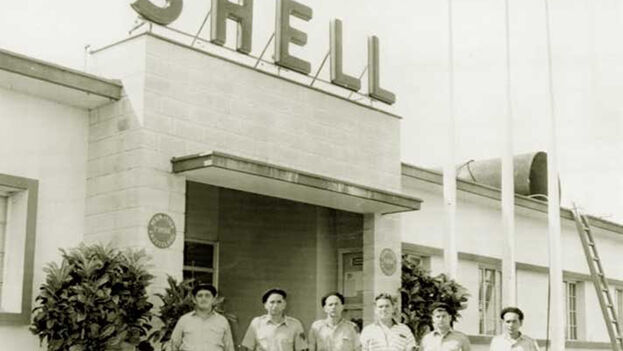
![]() 14ymedio, Elías Amor Bravo, Economist, 31 March 2022 — The Cuban communist regime has announced the forthcoming publication of a Law that will regulate the controversial issue of expropriations in the country.
14ymedio, Elías Amor Bravo, Economist, 31 March 2022 — The Cuban communist regime has announced the forthcoming publication of a Law that will regulate the controversial issue of expropriations in the country.
An issue that deserves special attention, due to the repercussions it presents to the framework of property rights, and the necessary legal certainty that economic agents must have to produce in the economy.
According to a recent report by TheGlobalEconomy.com, Cuba’s risk of expropriation compared to 173 countries in the world places it in 15th place with a score of 6, which is immediately after the highest, of 7 points, shared by 12 countries including Afghanistan, Yemen or Venezuela, among others. Cuba falls out of this first group and is in the second step of the classification along with 14 other countries. More information from this study allows us to obtain an assessment of the importance of expropriations in Cuba.
The new law proposed by the regime to regulate expropriations seeks to put a lock on all the previous experience, and intentionally forgets the contentiousness that has persisted since the nationalizations, expropriations and confiscations occurred in Cuba during the years 1960 to 1968.
It is observed that this “forgetfulness” of the legislator is intentional, and confirms that the communist leaders do not have the slightest intention of advancing in the restitution of the private property confiscated in those years, which reached practically 100% of the productive capital of the nation.
This law should have opted for achieving the necessary reconciliation with the owners and their confiscated heirs, but there is not the slightest intention that this should be the case. On the contrary, weak legal foundations are established to regulate expropriation processes, giving the communist state an evident supremacy with respect to other economic actors.
The law that is presented is confusing, has a terrible wording, errors in the enumeration of articles and points, and introduces dangerous repressive elements that show the worst face of communist ideology, contrary to the free and peaceful exercise of property rights by all economic actors.
A good example of this is the reference in the final provisions to the obligation imposed on small farmers to properly maintain, exploit and use the land and their other assets related to agricultural and forestry production, in a clear warning about possible expropriatory processes.
A brief review of the text raises many problems. It treats foreign and national capital unequally in confiscatory processes, does not properly define the assumptions of public utility and social interest that should justify expropriation and does not refer to legal content, maintains forced expropriation with an alternative process and carries out a confusing regulation of compensation payments.
Critically, the main problem with this law — which invalidates it for international purposes and, above all, as a possible instrument to consolidate the foundations of the future of the Cuban economy — lies in the fact that it grants the state an absolute pre-eminence with respect to the non-state actors in the expropriation processes, which borders on the most significant defenselessness, while laying the foundations for a process for which there are serious doubts about the political will to bring it to an end.
A more detailed study of the law will be carried out in the coming days.
____________
COLLABORATE WITH OUR WORK: The 14ymedio team is committed to practicing serious journalism that reflects Cuba’s reality in all its depth. Thank you for joining us on this long journey. We invite you to continue supporting us by becoming a member of 14ymedio now. Together we can continue transforming journalism in Cuba.
